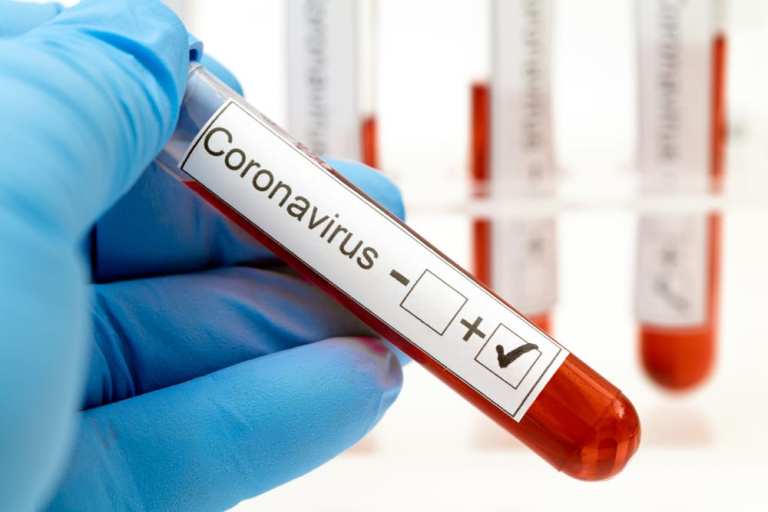
While there is no shortage of individual negative effects of the COVID-19 epidemic, the ongoing uncertainty of the pandemic’s effect on people in the U.S. and around the world remains just as powerful as the disease itself.
How bad will the outbreak get? Can it be contained through social distancing? Will the American medical infrastructure hold out against the crisis better than its counterpart in Italy? How long will citizens be advised to stay inside? Is anyone ever going back to school? How long will it take the economy to recover from such a large-scale and totally unexpected disruption? This is just a few of the important questions that have no certain answers at this phase.
And in the U.S., a good deal of all of that uncertainty stems from a central data hole: Exactly how many people have been infected with the novel coronavirus? While information about the disease is still emerging, the consensus is that a large proportion of patients infected with the disease, and thus capable of spreading it, will either show no symptoms at all, or will have only very mild symptoms that they might not associate with the illness currently shutting down the planet.
And the state of testing for COVID-19 in the U.S. has been less than inspirational. Though the first American cases began to emerge in late January, as of last week, Anthony Fauci, director of the National Institute of Allergy and Infectious Diseases, was characterizing the progress thus far as “a failing.” In a briefing with Congress, he noted that availability had improved, but as of yet “the system is not really geared to what we need right now.”
But, as of this week, the system seems to be looking to innovate faster to find ways to meet that need.
The at-home lab testing startup Everlywell says it will be first out of the gate in releasing a COVID-19 sample collection kit for home use. Currently, the company’s testing kit looks for conditions like food sensitivity, metabolic issues and thyroid conditions. The kit comes with a swab-based collection set for getting a sample, along with re-shipping materials that the firm reports are up to CDC and UN standards for safe transmission and handling by postal workers or couriers. The samples are shipped for COVID-19 testing under the FDA Emergency Use Authorization (EUA), which was issued to help build out America’s testing capacity.
Samples also come with overnight shipping labels, and the firm says consumers will be able to check their results online within 48 hours. Those who test positive will be automatically connected to a certified physician via a telehealth conference to discuss possible next steps. Everlywell further notes that positive results will be passed along to federal and state reporting agencies, as legally required.
“As the COVID-19 public health emergency continues to worsen with community spread across the United States, there is an unmet medical need to broaden the access to testing for SARS-CoV-2 coronavirus in a responsible manner to complement and help alleviate the potential overload on healthcare systems and healthcare providers if testing was only available in the limited clinical setting,” said Dr. Frank Ong, M.D., chief medical and scientific officer of Everlywell.
The tests will cost $135 apiece. The firm also noted that it is working with government and public health partners to find a way to distribute the tests free of charge.
Initially, there will be 30,000 tests available for online purchase starting next Monday (March 23), though Everlywell has built a screening process based on CDC guidelines to determine who gets the kits while supplies are short. The firm requests that only patients who are symptomatic attempt to buy tests in the first round.
From there, the goal is to scale up production rapidly, with the aim of making 250,000 new tests available per week. The firm has not officially posted data on the accuracy of their tests relative to other versions – though when asked directly by a news outlet, a representative noted that Everlywell’s at-home collection method has been validated by a number of peer-reviewed medical studies. It was also noted that the tests are conducted at certified private labs, and results are reviewed by board-certified physicians for accuracy.
Hitting the goal of a quarter-million tests per week, however, could prove to be a challenge that may not be achieved for a few months, as there is a global shortage of the nasopharyngeal swabs that are used in COVID-19 testing. The swab-based method is the only approved means by which to test – though Everlywell notes that they are currently working on home testing kits that can identify the virus using other types of samples (thus obviating the need for the swabs), but that will require approval by health regulators before it can be released for public use.
But even if the bite is small, Everlywell Founder and CEO Julia Cheek noted, the impact could be great, as knowledge and data is what officials and citizens most critically need as they try to combat and contain COVID-19.
“Everlywell was founded to give people affordable, convenient access to lab testing. Never has our mission been more important,” she noted in a statement.